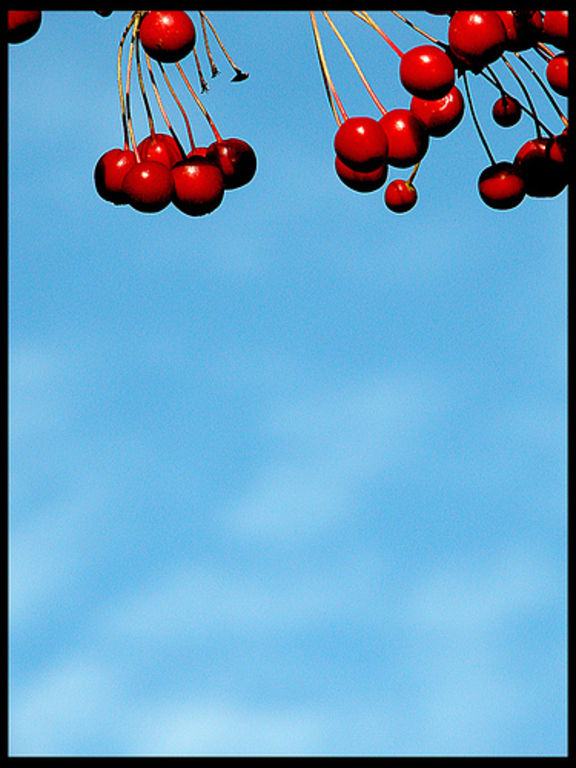
Zach Wells
sniffs out some execrable prose in the Lampert jury bumpf.
This isn't a hard exercise: crappy poetry criticism is maybe the lowest of CanLit's low hanging fruit. In my six years editing the poetry review section for
Books in Canada, I learned that most Canadian poets -- especially the new crew of academicized eco-philosophers -- are congenitally unable to write clear, crisp sentences. Anita Lahey touches on this issue in her
mixed review of Anne Simpson's The Marram Grass (unavailable online).
W.S. Piero, in a
notebook essay for Poetry magazine, explains what bad prose reveals about poets.
"I meet a successful middle-aged poet curious, or bemused, about the prose I write (have written for as long as I've written poetry) as if it were a subtropical, carnivorous plant. I never knew any better. The poets I read early (Shelley, Keats of the letters, Leopardi, Yeats) developed prose styles, so I took it on faith that a poet had to be a writer. It's best to do it mostly for money -- resistance sharpens things. Some shy from putting prose out there because it's a giveaway. You can't fake it. It reveals quality of mind, for better or worse, in a culture where poems can be faked. Find a faker and ask him or her to write anything more substantial than a jacket blurb, and the jig is up."


 I'm pleased to announce that I'll be hosting a great evening next Thursday featuring poets from Gaspereau, Signal and Anansi.
I'm pleased to announce that I'll be hosting a great evening next Thursday featuring poets from Gaspereau, Signal and Anansi.